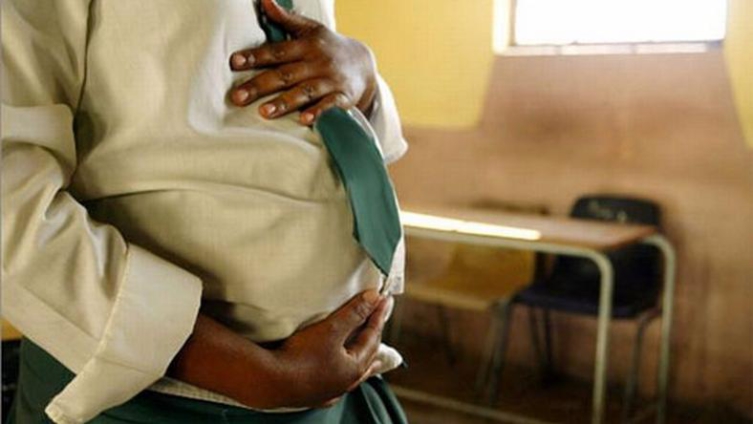Researchers have found 67.1 per cent prevalence of anemia in pregnant women in Ghana, mostly, without formal education.
A study by Dr. Kobina Kwegyir-Aggrey and Dr. Emmanuel Appiah-Brempong of the Kwame Nkrumah University of Science and Technology (KNUST) suggests the rate is above the 42 per cent national average.
The Medical and Public Health Schools of the University jointly undertook the research.
A 2014 study by the United States Agency for International Development (USAID) showed an overall anemia prevalence of 66 percent in children from 6 months to 5 years.
The rate was 42 per cent among women of reproductive age.
Between 2008 and 2014, the Ghana Health Service established a slight drop in the prevalence rate for both groups.
The decline in children, however, benefitted the less vulnerable, mostly, from high income and formally educated mothers of up to second-cycle level.
The drop in women was found across moderately wealthy urban and rural dwellers.

Malaria and anaemia
Endemic malaria is largely responsible for anemia in Ghana.
In pregnant women, there is the risk of a negative impact on the health and wellbeing of both mother and unborn child.
The socio-economic implication on individuals, families and society is enormous.
The latest study also assessed knowledge and practices of pregnant women attending antenatal-clinics at the La Dade Kotopon Municipality.
Sixty percent of women were found to have adequate knowledge on the condition.
170 persons interviewed for the study were also assessed on causes, risk factors, clinical features, complications and treatment.
The research again found anemia common among the unmarried women in their last three months of pregnancy.
Women from 15 to 24 years, those with once or twice gotten pregnant and those with inter-pregnancy intervals of three or more years were also implicated.
The study again found 58 per cent, representing more than half of women diagnosed with malaria, were anemic.
Role of diet
The researchers were happy the majority of the respondents followed dietary modification advice.
They were surprised less than half of them visited the clinic, for the first time, after the first three months of pregnancy. Less than half of them use mosquito nets.
“This hinders early institutions of measures to prevent anemia,” they noted.
Investigators recommend concerted efforts to improve the knowledge of pregnant women about anemia and increase compliance to preventive measures.
“Individuals need to take advantage of available interventions and visit antenatal clinics early,” they said.
Latest Stories
-
Ghana-Russia Centre to run Russian language courses in Ghana
1 hour -
The Hidden Costs of Hunger: How food insecurity undermines mental and physical health in the U.S.
2 hours -
18plus4NDC marks 3rd anniversary with victory celebration in Accra
4 hours -
CREMA workshop highlights collaborative efforts to sustain Akata Lagoon
4 hours -
2024/25 Ghana League: Heart of Lions remain top with win over Basake Holy Stars
6 hours -
Black Queens: Nora Hauptle shares cryptic WAFCON preparation message amid future uncertainty
6 hours -
Re-declaration of parliamentary results affront to our democracy – Joyce Bawah
6 hours -
GPL 2024/25: Vision FC score late to deny Young Apostles third home win
6 hours -
Enhancing community initiatives for coastal resilience: Insights from Keta Lagoon Complex Ramsar Site Workshop
6 hours -
Family Health University College earns a Presidential Charter
7 hours -
GPL 2024/25: Bibiani GoldStars beat Nsoatreman to keep title race alive
7 hours -
GPL 2024/25 Bechem United keep title hopes alive with narrow win over FC Samartex
7 hours -
2024/25: Dauda Saaka scores as Asante Kotoko beat Dreams FC
7 hours -
M.anifest reflects on galamsey’s devastation 11 years after ‘No Shortcut to Heaven’
7 hours -
We’ll have the last laugh – Sammy Gyamfi slams EC’s “cantata” re-collation
7 hours

